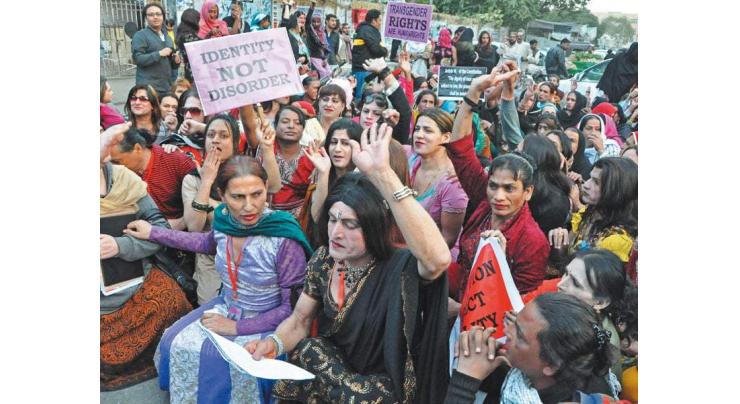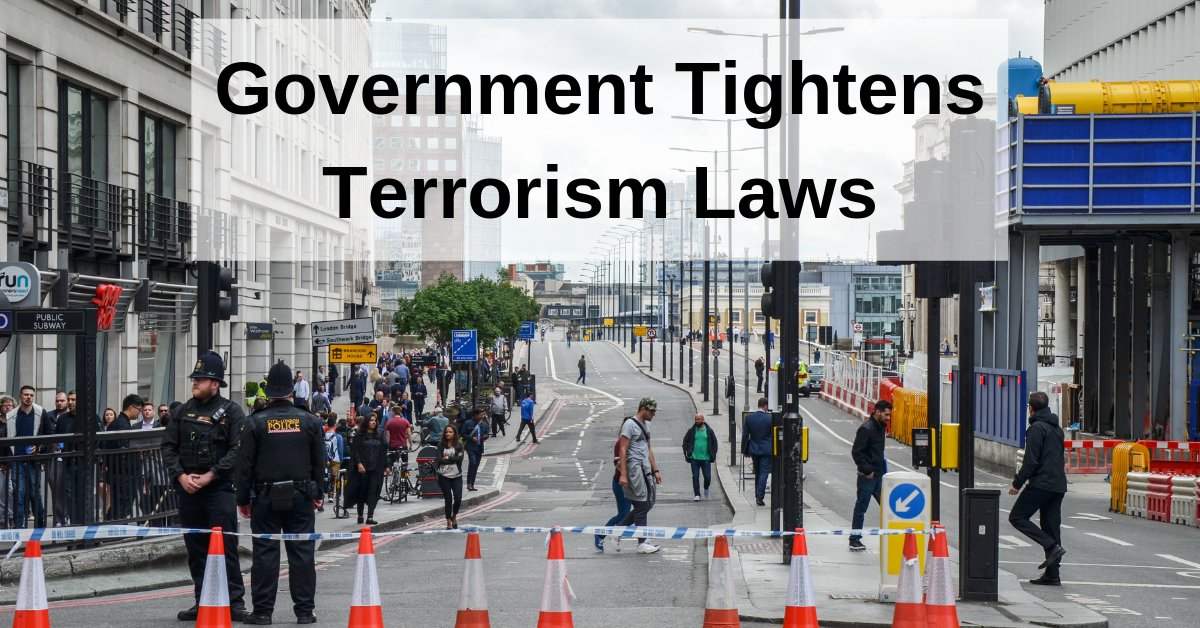Is Trump's Transgender Military Ban Fair? A Balanced Perspective

Table of Contents
Arguments For the Transgender Military Ban
Proponents of the ban often cite several key concerns.
Cost and Readiness Concerns
One primary argument revolves around the perceived financial burden and potential impact on military readiness.
- Increased healthcare costs: Transition-related medical care, including hormone therapy and surgeries, can be expensive. Opponents argue this adds significant costs to the military healthcare system. However, counterarguments suggest that these costs are often manageable and comparable to other medical expenses incurred by service members. Studies have shown that the actual cost increase could be minimal, especially considering the overall military budget.
- Disruption to training schedules: The process of gender transition may require time off for medical appointments and recovery, potentially disrupting training schedules and unit cohesion. However, many transgender individuals successfully serve without significant disruption. Moreover, effective planning and supportive policies can mitigate these disruptions.
- Concerns about combat effectiveness: Some argue that gender transition may impact physical capabilities, potentially reducing combat effectiveness. This argument, however, fails to account for the wide range of individual physical capabilities within the military, and ignores the successful service of transgender individuals in other militaries with inclusive policies.
Standards and Physical Fitness
Maintaining uniform physical standards is another key argument used to justify the ban.
- Physical requirements for specific roles: Certain military roles demand specific physical capabilities. Proponents of the ban argue that gender transition might impact a service member's ability to meet these requirements. Yet, focusing solely on physical requirements ignores the significant contributions transgender individuals can make in non-combat roles.
- Potential for reduced physical capacity after transition: Some argue that the physical changes associated with gender transition could lead to reduced physical capacity. However, individual physical capabilities vary greatly, and fitness standards should be applied consistently and fairly to all service members, regardless of gender identity.
- Necessity of consistent standards for all service members: Maintaining consistent physical standards for all service members is crucial for ensuring unit cohesion and operational readiness. Yet, a blanket ban ignores the capacity for individual assessment and the diversity of skills and abilities within the military.
National Security Concerns (alleged)
Concerns about national security have also been raised, although often lacking substantive evidence.
- Debunking unfounded claims: Many unsubstantiated claims about the vulnerabilities of transgender service members or their negative impact on national security have been made. These claims are often rooted in prejudice and lack credible evidence.
- Loyalty and competence as key determinants: A service member's suitability should be based on their loyalty, competence, and ability to fulfill their duties, not their gender identity. Numerous examples of transgender individuals serving with distinction in other militaries demonstrate this point.
- Expert opinions and studies: Extensive research and expert opinions contradict the notion that transgender individuals pose a unique security risk. Focusing on unsubstantiated claims distracts from crucial issues of equal opportunity and fairness.
Arguments Against the Transgender Military Ban
Opponents of the ban emphasize the discriminatory nature of the policy and its negative impact on military readiness and morale.
Discrimination and Human Rights
The ban is widely viewed as discriminatory, violating principles of equal opportunity and human rights.
- Relevant laws and legal precedents: Numerous laws and legal precedents protect against discrimination based on gender identity. The ban directly contravenes these protections and sets a dangerous precedent for other forms of discrimination.
- Negative impact on morale and recruitment: The ban negatively affects the morale of transgender service members and discourages potential recruits from joining the military. This loss of talent is detrimental to the military's overall effectiveness.
- Impact on transgender soldiers' mental health: The ban creates a hostile and discriminatory environment that significantly impacts the mental health and well-being of transgender service members.
Military Readiness and Inclusion
Diversity and inclusivity are essential for building a stronger and more resilient military.
- Value of diverse perspectives and experiences: A diverse military force brings a wider range of perspectives and experiences, improving problem-solving and decision-making capabilities. The ban limits this diversity, hindering the military's overall effectiveness.
- Loss of talent and expertise: The ban forces qualified and dedicated transgender individuals out of service, resulting in the loss of valuable talent and expertise.
- Successful integration in other countries' militaries: Many other countries have successfully integrated transgender individuals into their militaries without any negative impact on readiness or morale, providing a counterpoint to claims made against inclusive policies.
The Impact on Morale and Retention
The ban significantly damages the morale of transgender soldiers and impacts military retention rates.
- Negative psychological impact of discrimination: Studies show that discrimination leads to negative psychological impacts, including increased stress, anxiety, and depression. This is particularly true for transgender individuals already facing significant societal challenges.
- Importance of creating an inclusive environment: A truly inclusive environment fosters trust, mutual respect, and cooperation, enhancing overall morale and unit cohesion. The ban undermines this fundamental principle.
- Potential for lost experience and institutional knowledge: When experienced transgender service members are forced out, the military loses valuable experience and institutional knowledge.
Conclusion
The debate surrounding the transgender military ban is complex, involving considerations of cost, readiness, human rights, and national security. This article has presented arguments both for and against the ban, aiming to provide a balanced perspective. The issue ultimately involves weighing competing values and considering the human cost of discriminatory policies.
Call to Action: We encourage you to form your own informed opinion on the transgender military ban by considering the evidence presented here and engaging in further research. Explore the experiences of transgender service members and the ongoing legal battles surrounding this complex issue. Let's foster a responsible and respectful discussion to find solutions that uphold both military readiness and the fundamental rights of all individuals.

Featured Posts
-
 Why Is The Us Attorney General On Fox News Daily A More Important Question Than Epstein
May 10, 2025
Why Is The Us Attorney General On Fox News Daily A More Important Question Than Epstein
May 10, 2025 -
 Punjab Launches Technical Training Program For Transgender Individuals
May 10, 2025
Punjab Launches Technical Training Program For Transgender Individuals
May 10, 2025 -
 Indonesias Foreign Exchange Reserves Plummet Rupiah Weakness Takes Toll
May 10, 2025
Indonesias Foreign Exchange Reserves Plummet Rupiah Weakness Takes Toll
May 10, 2025 -
 Uk Government Tightens Visa Rules Addressing Visa Fraud And Abuse
May 10, 2025
Uk Government Tightens Visa Rules Addressing Visa Fraud And Abuse
May 10, 2025 -
 Academic Neglect Understanding The Mental Health Of Violent Offenders
May 10, 2025
Academic Neglect Understanding The Mental Health Of Violent Offenders
May 10, 2025
